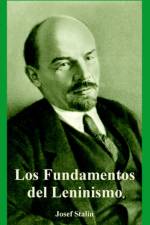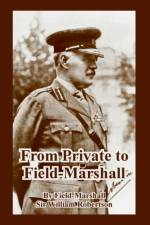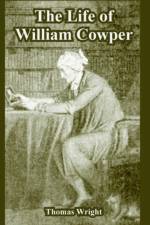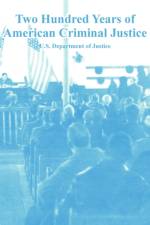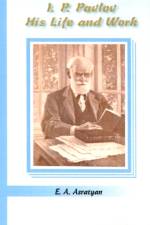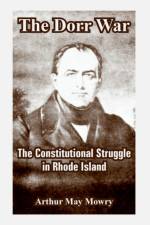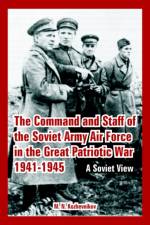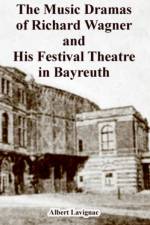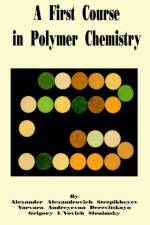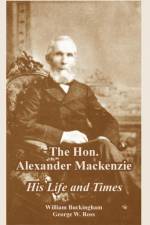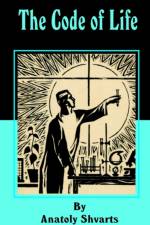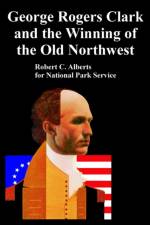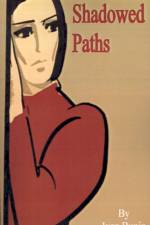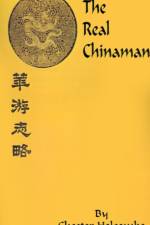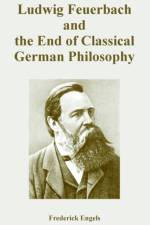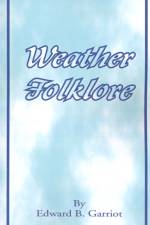av Edward S Ellis
347
"Make room for Colonel Crockett!" said the usher at the White House, one evening, when the famous Congressman from the backwoods presented himself with a number of other callers. "Colonel Crockett makes room for himself!" was the exclamation of the Member as he strode into the room. The incident is typical of the man. Gifted by nature with an exhaustless fund of humor, born to privation, hardship and labor, trained, not in the school of books, but in the severer one of experience, he exhibited true manliness, honesty and bravery in all his words and actions. Colonel Crockett lacked the refinements which a truer education would have given him: he said and did things which cannot be held up as models for the youth of to-day ; but a profound sense of justice and of devotion to right permeated his entire life. Rough and uncultured though he was, his career contains much that is commendable and worthy of imitation. His moral heroism was displayed in his defiance of the vast powers of President Jackson when political ruin was the almost inevitable consequence. Of no man can it more truly be said that he preferred being right to being President. His personal daring was shown on many a battle-field; in the dim woods, when, singlehanded, he encountered the savage bear; in the swamps, when struggling against malaria, starvation, and the wily Creek warrior; when coursing on his mustang over the Texan prairie and pursued by the fierce Comanche; and when, day after day and night after night, he loaded and fired his deadly rifle from within the sulphurous walls of the Alamo, while Santa Anna and his hosts closed about him and his fellow-patriots in a circle of flame and fire, and when, panting, begrimed and bloody, he stood with the handful of survivors until he saw, like a lightning-flash, the treachery of the Mexican dictator, and, making a last desperate rush, with his drawn bowie-knife, he perished when within a pace of the traitor. Not a defender lived to tell the story of the sublime defence of the Alamo. Neither ancient nor modern history affords a grander exhibition of heroism than was shown on that crimson day when the blood of the Spartan band became the seed from which sprang Texan independence. Who has ever stood with bared head, and read without a quicker heart-throb, those words chiseled in the cenotaph in the Texan capital, and since destroyed by fire ?-"THERMOPYLÆ HAD ITS MESSENGER OF DEFEAT: THE ALAMO HAD NONE !"

